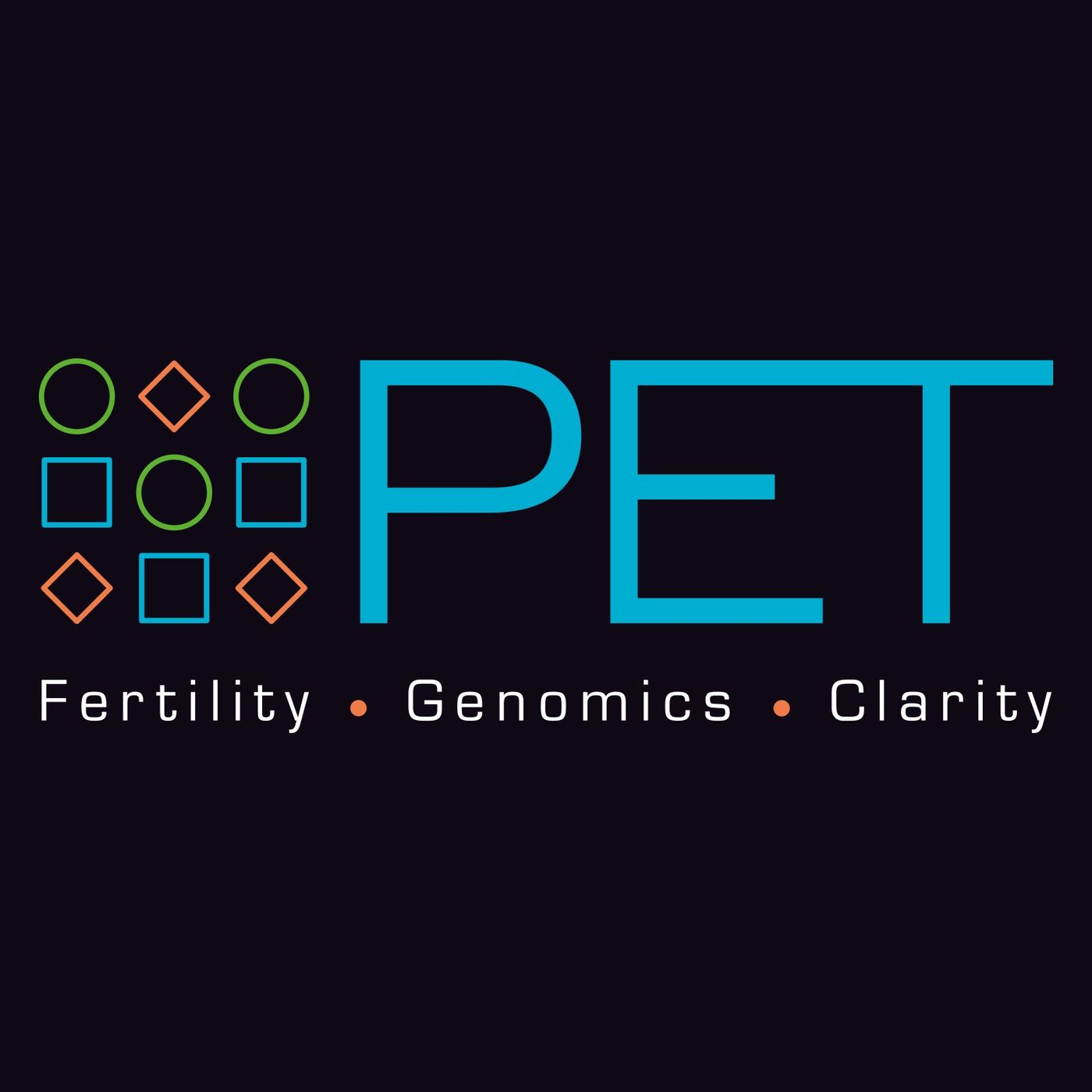Your Guide to Genetics and Genomics in the Fertility Clinic
Description
This episode of the Progress Educational Trust (PET) podcast explores and explains genetics/genomics in the context of assisted conception, including carrier screening and the testing of embryos.
The discussion is chaired by Sarah Norcross (Director of PET), with contributions from:
⚫ Dr Jonathan Berg (Lead Clinician at NHS National Services Scotland's Strategic Network for Genomic Medicine)
⚫ Dr Nicola Williams (Consultant Clinical Scientist in NHS National Services Scotland's Strategic Network for Genomic Medicine)
⚫ Professor Zosia Miedzybrodzka (Director of the University of Aberdeen's Centre for Genome-Enabled Biology and Medicine)
⚫ Dr Francesca Forzano (Consultant in Clinical Genetics at Guy's Hospital)
The development of assisted conception has been accompanied by far-reaching developments in genetics and genomics. It can be challenging for patients, policymakers and fertility professionals to keep pace with the technology.
When genetics is not your speciality, you might retain a grasp of the basics but nonetheless struggle to make sense of the latest claims and approaches. Simply distinguishing genuinely new technologies from earlier ideas in new guises can be difficult, and can involve navigating a sea of acronyms.
This discussion explores and explains the role of genetics and genomics in the fertility clinic, jargon-busting the basics as well as the latest breakthroughs.
Questions addressed include:
⚫ How and why might prospective parents, and/or their IVF embryos, be screened or tested?
⚫ Carrier screening has traditionally involved testing donors for certain conditions, and testing some prospective parents to find out whether they carry specific conditions (that have appeared in their family history). Some have argued for routine screening for a greater number of conditions. Is this supported by evidence? Is it practical?
⚫ Preimplantation genetic testing has traditionally involved testing some IVF embryos, for problems that could jeopardise a subsequent pregnancy and/or result in the birth of a child with a specific condition or predisposition. Some proposed approaches now look for a larger number of conditions, or just traits, in embryos. Are these approaches supported by evidence? Are they practical?
PET is grateful to the Scottish Government for supporting this discussion.
PET is also grateful to Jon Nicoll, who created the opening and closing music for its podcast.
Register at https://www.progress.org.uk/events/upcoming-events/ for upcoming PET events.
More Episodes
This episode of the Progress Educational Trust (PET) podcast discusses the Generation Study – an NHS-embedded research study which is sequencing the whole genomes of 100,000 newborn babies, in order to understand whether we can improve our ability to diagnose and treat genetic conditions.
The...
Published 11/01/24
Published 11/01/24
This episode of the Progress Educational Trust (PET) podcast discusses the use of artworks to improve understanding and advance knowledge of the causes of infertility, and of future prospects for IVF and other assisted reproductive technologies (ART).
The discussion is chaired by Sarah Norcross...
Published 07/29/24


